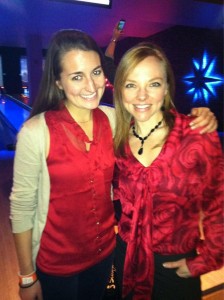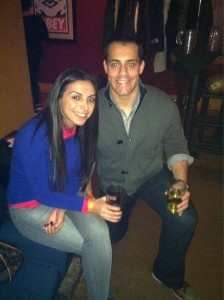Advice from the Media | Dale Buss
May 23, 2013
Name: Dale Buss
Title: Independent Journalist
Media Outlet: Forbes, Chief Executive, Brandchannel.com, Wall Street Journal, Townhall Magazine and many more
Twitter Handle: @DaleDBuss
1. Describe your typical workday in 140 characters or less.
Pore through news. Handle increasing 24/7 blogging responsibilities. Then turn to find time for longer-term projects e.g. mag stories, books.
2. What's the best pitch you've ever received?
I can't single out one of the best, but I can talk about a cavalcade of awful ones, which had one or more of these characteristics:
1) Totally clueless about what I do, specifically and/or about how freelancers or even journalists work; 2) Presumption that journalists want to or are able to work on precisely what the pitch-er happens to be proposing that day; 3) Responding to a query by offering an executive for an interview only to come back later and say he/she's not available.
In short, the most effective PR folks forge a relationship with me which ends up paying off both ways.
3. The greatest words of wisdom an editor ever gave you?
"More, better, faster, Buss!" -- Doug Sease, WSJ bureau chief in Detroit, 1981-1983; and another: "Boomer [his nickname for me], I want you to go out and capture the mood of the people!" -- Paul "Biff" Dysart, editor, Reedsburg (Wis.) Times Press and renowned community-newspaper editor in Iowa (R.I.P.)
4. If there was one thing you could tell every PR practitioner, what would it be?
In addition to (2) above, I would urge them to learn that (most, traditional) journalists and bloggers don't wake up every day wondering how we can best promote an agency's agenda or client. Instead, we're totally focused on how to make ourselves and our clients look smart. That's how it has to be, of course. And if they can find ways to understand and, yes, exploit that truth, we're going to have a mutually beneficial relationship.
5. What's your craziest or most interesting newsroom story?
I'll never forget sitting in the newsroom of the Milwaukee Journal (now the Milwaukee Journal-Sentinel) in 1990, at a meeting where top editors were considering our "people of the decade" section, and hearing one of my colleagues assert, in all seriousness, that Ronald Reagan didn't deserve to be on the list. Of the many, many instances I've encountered of newsroom bias and agenda-setting before and since, this was the most instructive to me. I never quite looked at "newsroom objectivity" the same again.




